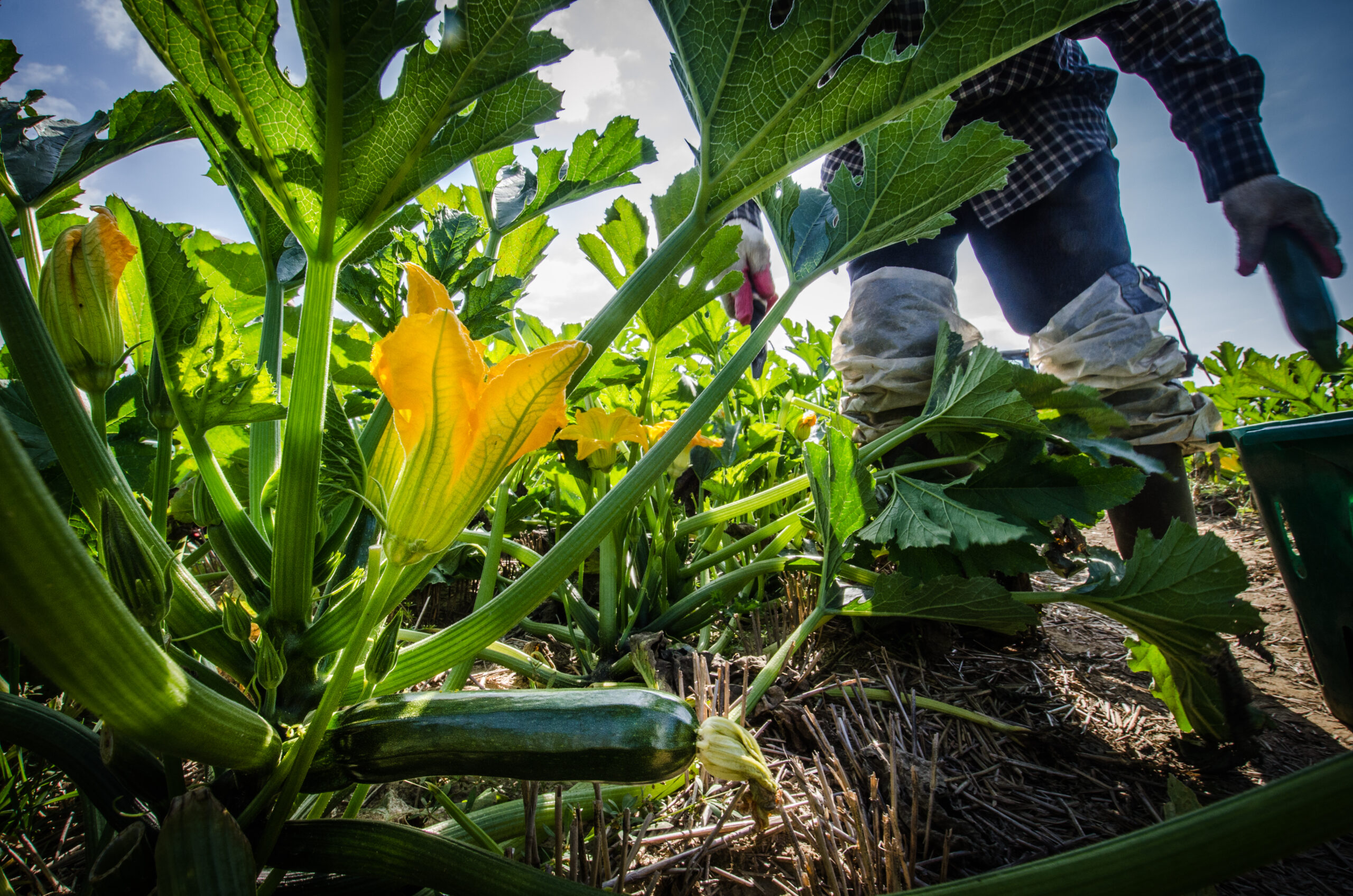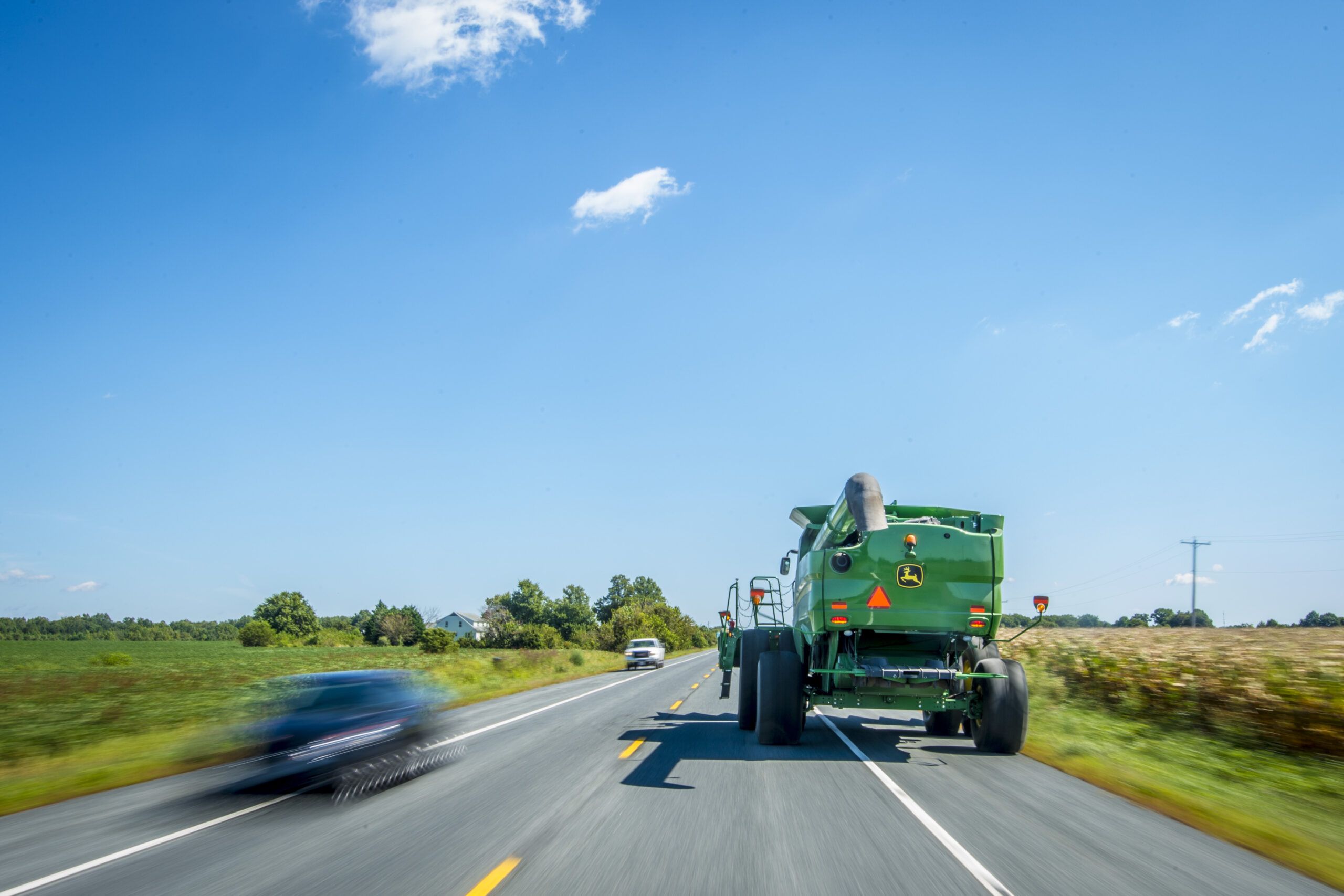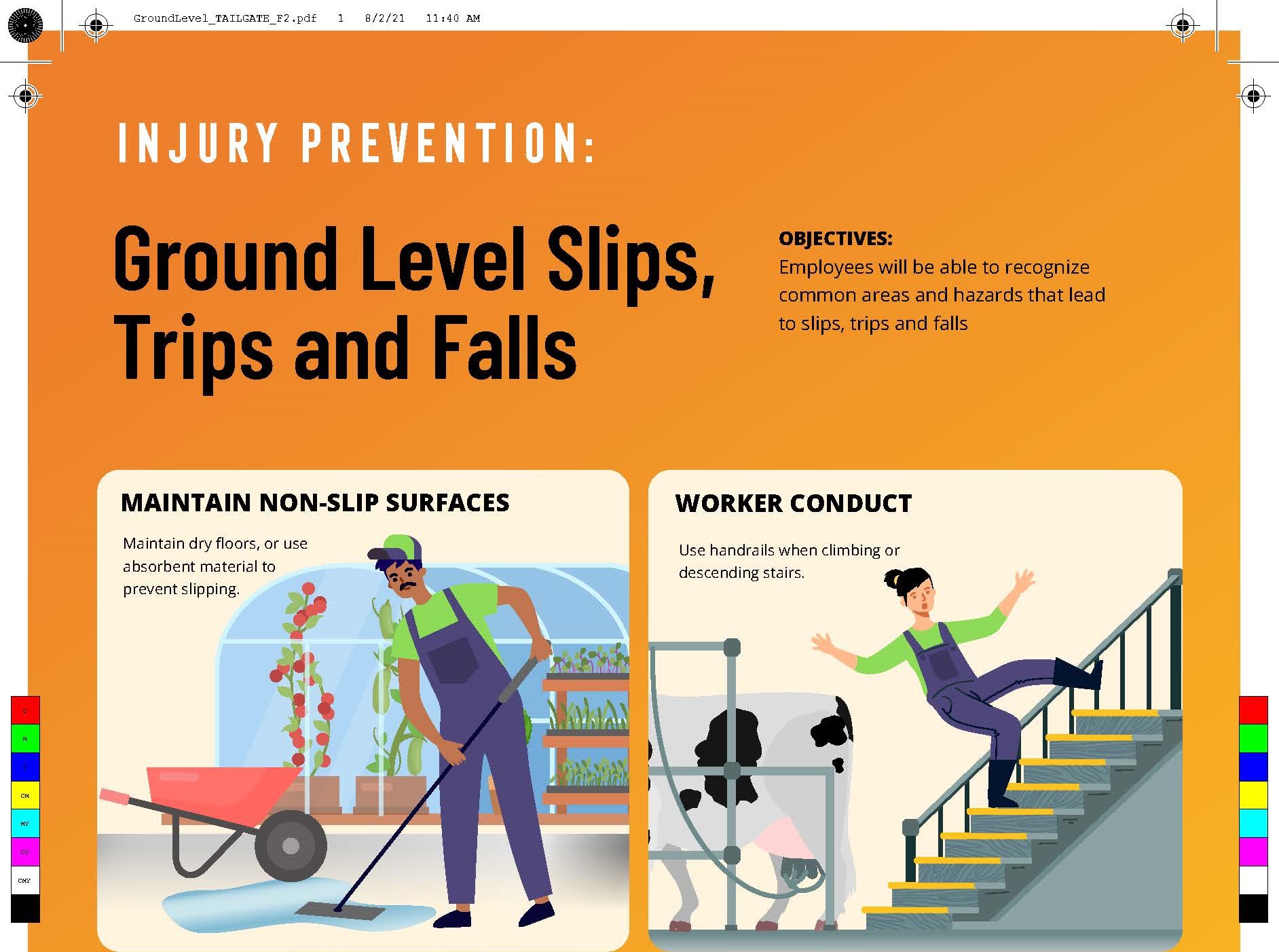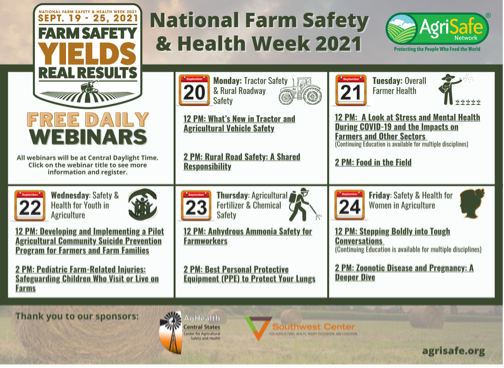Daily high temperatures over the next 10 days will soar above 90 degrees each day, with the real feel exceeding 100 degrees at times. It’s important to take precautions to keep you and your workers safe from heat stress and other heat-related illnesses. Check out these 5 quick tips you can implement today to safeguard everyone on your farm during this extreme heat.

USDA photo by Lance Cheung.
- Stay hydrated. The CDC recommends drinking at least 1 cup of water every 15-20 minutes during moderate activity. For more on hydration, see this factsheet from NIOSH.
- Dress appropriately. Choose light-colored, loose-fitting clothing made of cotton or linen. Protect yourself from the sun with a wide-brimmed hat and sunglasses.
- Acclimatize employees to working in the heat. Gradual exposure to work in a hot environment is critical for both new and experienced employees. To learn more about acclimatization, check out this factsheet from NIOSH.
- Adjust workload. Plan strenuous tasks for cooler parts of the day, increase the number of workers per task to lighten workload, and shorten work periods to allow for breaks in the shade (at least) hourly. NIOSH offers recommendations for work/rest schedules to decrease risk of heat illness in this factsheet.
- Train employees to recognize signs of heat stress. Heat-related illnesses can range from heat rash to heat stroke. Review this NIOSH web page on heat-related illnesses to inform employees about symptoms and first aid response to each illness.



